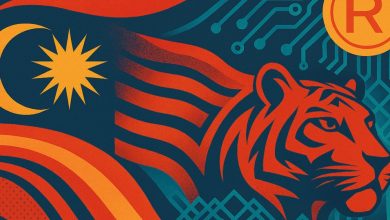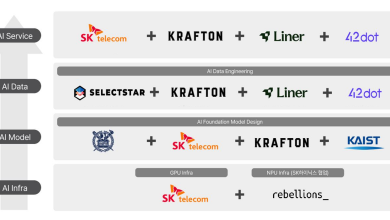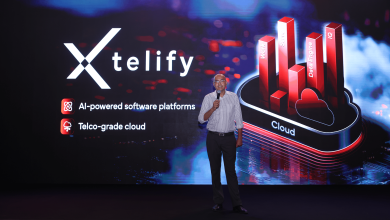Huawei Malaysia Advocates for Robust Local Standards to Mitigate Risks in Clean Energy Shift
Bringing Together Industry Leaders, Key Stakeholders, and More to Plot Malaysia's Green Future

Universiti Malaya (UM) and Huawei Technologies (Malaysia) Sdn Bhd (Huawei Malaysia) recently co-hosted the Second Digital Think Tank Network Roundtable, held under the theme “Building Trust in Green Energy: Safety, Standards, and the Future.”
The roundtable brought together industry leaders, policymakers, and academics for a high-level discussion on “Safety in the Age of Green Energy: Why Standards Matter.” The session focused on how robust and reliable standards are essential to ensuring a safe and sustainable energy transition for Malaysia.
The session opened with a keynote address on “The Importance of Standards for Renewable Energy in Malaysia” by Damon Leong, Solutions Expert at Huawei Malaysia. He stressed the critical need for strong safety standards to support Malaysia’s rapid renewable energy transition, citing recent incidents involving battery energy storage systems (BESS) and photovoltaic fires as clear evidence of the urgency to establish comprehensive Malaysian Standards (MS) for green technologies.
To ensure safety compliance, he also highlighted that Malaysia needs to enforce stringent import requirements as well as mandate rigorous testing and validation of all products against verified benchmarks. This should be supported by establishing a Malaysian Standards (MS) Committee comprising key stakeholders from academia, industry, government, manufacturers, researchers, consumer groups, testing labs, and professional associations to oversee and advance these standards.
“Huawei’s design philosophy is always about safety. It is the baseline of everything that we do. Whatever happens to a product will not just cause the product to fail but may stop the whole industry from moving forward. At Huawei, we can never compromise safety for cost, and we remain fully committed to develop, and build better and safer products for the Malaysian industry,” he said. “Huawei Malaysia has been here since 2001. Whatever form it takes, we aspire to continue to serve the market and help the industry.”
Huawei Malaysia Bats for Green Energy Safety and Governance
Joining him on the speaker panel was a distinguished group of experts who discussed key issues related to green energy safety and governance.
Ts Nurhafiza Mohd Hasan, Director of Safety Regulation at the Energy Commission (ST), highlighted that the Commission has adopted and implemented nearly 200 IEC (International Electrotechnical Commission) or MS (Malaysia Standard) standards through established Codes, Directives and Guidelines. These efforts aim to maintain the safety and reliability of equipment and installations, contributing to the delivery of a secure and reliable electricity supply. She also noted that with the rapid pace of technological development, maintaining strong and up-to-date standards is essential to ensure continued safety and compliance.
In the next segment, “Malaysia Towards Achieving Sustainable Development Goal 7,” Professor Dr Jeyraj Selvaraj, Executive Director of Universiti Malaya’s Power and Energy Dedicated Advanced Centre said that Malaysia must triple its renewable energy capacity and double energy efficiency by 2030. He noted that with the Paris Agreement’s 1.5°C threshold potentially being breached by 2040, progress depends on four key pillars: solar, bioenergy, hydropower, and innovative solutions.
In his presentation titled “PV System Safety and Protection,” Associate Professor Ir Dr Lim Boon Han from the Department of Electrical and Electronic Engineering, Lee Kong Chian Faculty of Engineering and Science, Universiti Tunku Abdul Rahman (UTAR) highlighted the various risks in PV systems such as electrical faults, lightning strikes, module quality and degradation, wind load and floods. All these risks can cause PV system fires, electric shocks and damage to the system. He stressed the importance of compliance to standards and safety guidelines, including Bomba’s 2024 release, to support effective emergency response.
Closing the roundtable, Pn Sujatha Sekhar Naik, Chairman of the Malaysia Institute of Corporate Governance, partner at Messrs Aqran Vijandran and former senior regulator at the Securities Commission Malaysia, shared insights on “Stewardship and Sustainability Governance.” She highlighted that the Malaysian Code on Corporate Governance (MCCG) introduced in 2000 serves as a strong guide for improving corporate governance practices among companies.
Malaysia has pledged to achieve net zero greenhouse gas emissions by 2050. To support these goals, Huawei Malaysia continues to engage closely with regulators, academia, and industry, leveraging its technological expertise to advance a safe and sustainable green energy transition.




